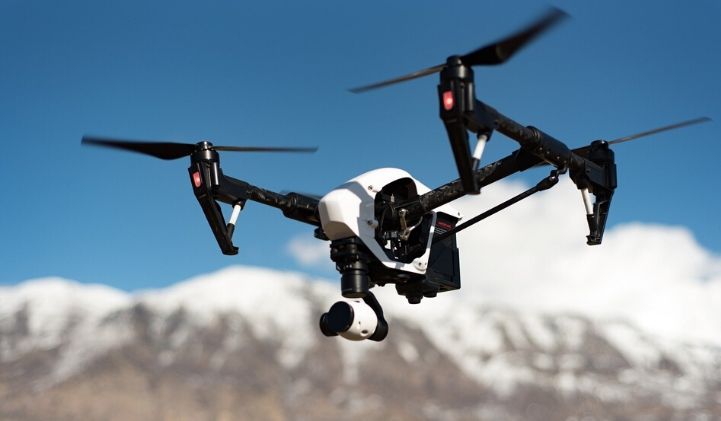The recent COVID-19 pandemic highlights the future importance of Robotics: robots indeed are able to limit the worker’s exposition to the virus while maintaining social distancing and disinfecting public spaces.
Overall, the Engineering Industry, including robotics, did not suffer from the COVID-19 crisis: the industry was already used to remote work, and digital software are well implemented.
Robots, saviors of humanity during the COVID-19 crisis
While robots have often been accused of unfair competition regarding the workers, they managed to keep them from being exposed to the virus during the COVID-19 crisis,. Since the beginning of the crisis, robots have proven how useful they can be to reduce the risks of infection, especially in the hospital sector. For example, Softbank Robotics’ humanoid robot Pepper has been used by the Pitié-Salpêtrière hospital in Paris to organise virtual visits.
Besides, the reopening of schools, shops, and most public spaces has led to the enforcement of social distancing measures. In Singapour, people at Bishan-Ang Mo Kio Park have been warned by a Boston Dynamics robot-dog equipped with speakers to keep their distances. The robot has the capacity to patrol freely in the park.
Drones have also been used by security forces to monitor restricted areas, to uphold the measures regarding social distancing, to control people’s temperature, to deliver medicines, and to spray disinfectant.
Robots are used to disinfect public areas
Enclosed places such as airports or supermarkets need to be kept clean and to be desinfected often. Considering the actual sanitary emergency, robots are used for disinfecting surfaces without disrupting workers’ business operations.
Several tests are being made regarding the use of robots. For example, at Nice airport, in France, a robot from the Danish industry UVD Robots is currently used to decontaminate surfaces that are not easily accessible. Using a robot to spray disinfectants on surfaces both increases the efficiency of the process and limits the workers’ exposure to the chemicals.
Startup Octopus Robot had already conceived a disinfectant robot for public spaces back in 2014. The robot, which had been modified for the agriculture sector because of the lack of demands, is now equipped to spread a disinfectant mist. It is presented to big companies and supermarkets and the demand is enormous since the COVID-19 crisis.
Discover ESILV graduate school of engineering in Paris, and what makes it the ultimate destination for passionate engineers.
This post was last modified on 2 July 2020 9:42 am







